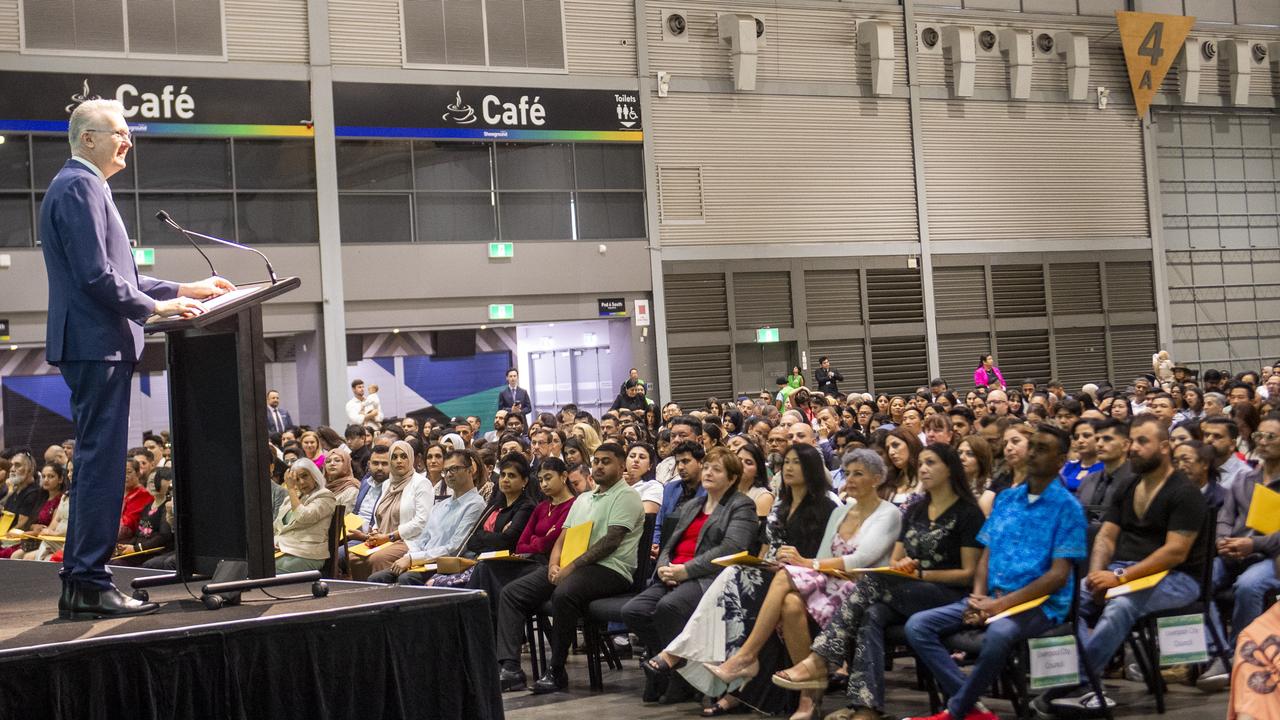Vikki Campion: Labor punishing cattle industry in emissions push
The Albanese government has pledged to slash methane emissions by 30 per cent by 2030 — and they want to make meat and dairy the villain behind a green crusader shield, writes Vikki Campion.
Opinion
Don't miss out on the headlines from Opinion. Followed categories will be added to My News.
All burps are not equal in this brave new world where only the valuable belches of cattle must be mitigated with miracle seaweed solutions and feral pests gas away without fear of the Australian Taxation Office.
Now the Albanese Government has pledged support to slash methane emissions by 30 per cent by 2030 and vowed there would be no more animal extinctions, shouldn’t they be scrambling to measure the methane emitted by Australia’s millions of pests and unleashing nationwide feral culls?
Starting with wild pigs, whose environmental destruction scientists compared last year to millions of cars? Or feral cats, which have driven at least 27 natives to extinction?
Instead, we are looking to drive down cattle emissions because commercial agriculture is highly regulated and reports herd numbers, feed and emissions.
Please, tell us the emissions where the feral population is, at best a guess, let alone the feed type and amount.
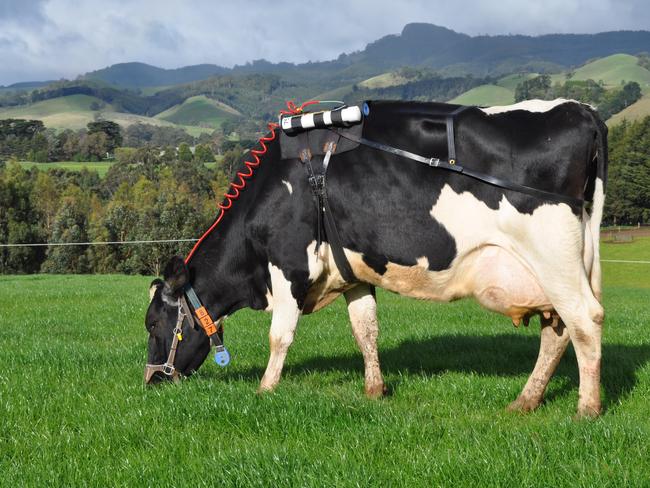
What are the emissions of the estimated 24 million feral pigs (compared to our 2.4 million domestic pigs), 400,000 horses, 2 million deer, 2.3 million goats, 1 million camels, 200 million rabbits, and 150,000 buffalo, and how will they reduce their methane?
What about the estimated 42.8 million kangaroos that American scientists found in 2015 emit about a third of cattle-produced methane? Who pays a Skippy tax? The Teals and Greens?
No, the government would be responsible for dealing with the problem. They don’t want that. They want to make meat and dairy the villain behind an environmental crusader shield.
There is, however, a plethora of new studies about methane-emitting cattle, especially around finding a market for commercial seaweed additives.
We cannot instantly change the multi-millennia-old evolution of ruminants to erase methane in a way that keeps food on plates and jobs in the country.
Carbon dioxide is absorbed in plants’ photosynthesis and eaten by animals, which expel methane, which is central to the natural biogenic carbon cycle.
It’s a process that has been around since herbivorous dinosaurs and is an essential part of life. If we shut down all farms today and handed animals over to the universe to graze, their emissions would be identical. Jobs and protein sources would be destroyed.
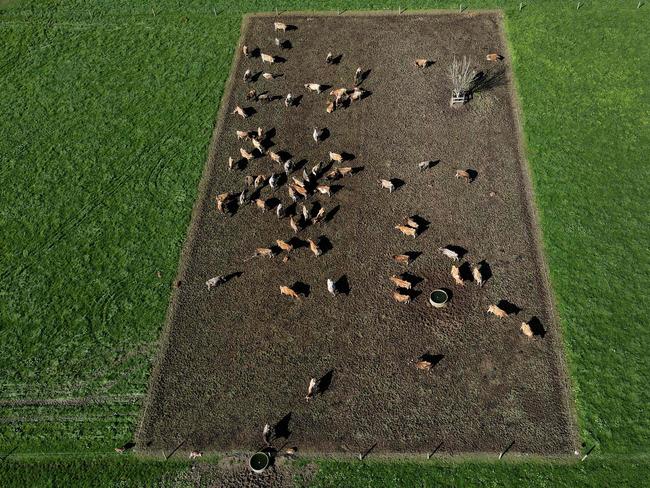
If we slaughtered all our cattle, the grasses they would have eaten would still die and emit methane.
Methane remains in the atmosphere for 10 to 12 years and breaks down at the same rate it is emitted.
This dream of feeding cattle commercial seaweed, which the government is splashing $8 million on, may well become a reality.
It wasn’t for researchers in the 1980s who tried to introduce kangaroo gut microbes to cattle to reduce methane before realising in 2015 that kangaroos expelled the same methane as other animals their size and had no miracle microbe at all.
Our total methane emissions are dwarfed by countries that have already signed up to the pledge.
Brazil’s agriculture produces nearly five times the methane our sector does, and our 2.9 Mt of agricultural methane is nothing compared to the Biden administration’s methane emissions in energy (17Mt) and agriculture (9.2Mt).
Agriculture Minister Murray Watt ruled out a burp tax like that coming for New Zealand and described the pledge as an “aspirational goal”.
What’s the point of establishing an aspirational goal if you have no plans to reach it?
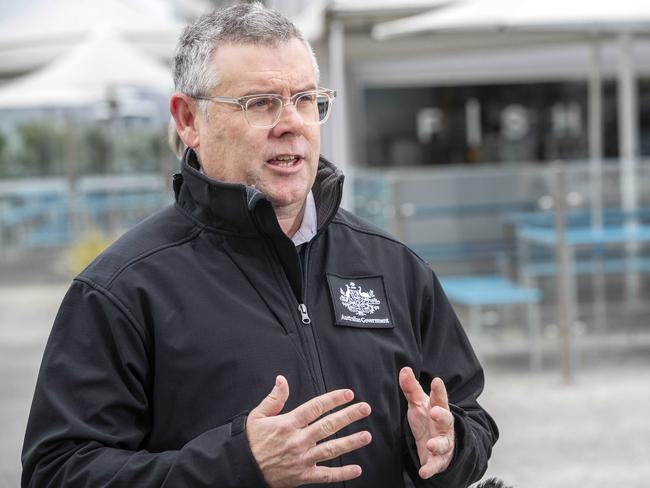
Just as plants eventually turn into methane, pledges turn into taxes.
Reports framing this pledge at former COP gatherings talked about a 30 per cent cull of the cattle herd.
About 40 per cent of the world’s methane emissions come from natural sources, wetlands, geothermal areas near volcanic activity, and bushfires.
Decomposing human waste is responsible for 0.7Mt in Australia – about a quarter of our agricultural methane. Yet no one is talking about a pledge to stop rubbish collection.
While we are getting rid of cattle, we will have to go on a jihad against the millions of tonnes of methane termites produce as well – although that hasn’t been pledged yet.
If they can make farmers responsible for it, they just may.
Even though it was widely discussed, Labor didn’t mention its pledge goal before the election.
In parliament last November, Zali Steggall admonished the then Coalition government for refusing to sign Biden’s Cop26 Methane Pledge at Glasgow.
They refused to do so because feral animal emissions would not count.
Is Labor following Steggall, who is following Biden, who relies on a teleprompter to tell him where he is?
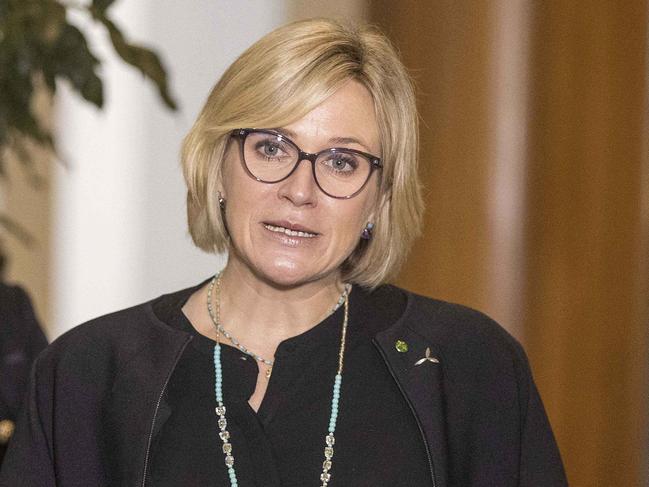
The latest submissions to Albanese’s Safeguard Mechanism reform, which requires Australia’s largest greenhouse gas emitters to keep their net emissions below a baseline limit, show some sectors have proven and accessible technology to reduce emissions – and many don’t.
Although they keep telling us they are independent, four Teal submissions to the Safeguard Mechanism Reform released this week bore a striking resemblance.
If they were sitting the HSC, any examiner would have serious questions about the “independence” of their work.
They argued emissions-intensive trade-exposed business should be banned from government help to reach net zero, with rare exception.
Their thinking puts our chemical industries, mining, fertiliser, energy, aviation and abattoirs at risk and all the jobs they support.
Unless ferals and the methane they dig up and spew out are counted, this methane pledge is nothing more than another step to smash Australian agriculture.




